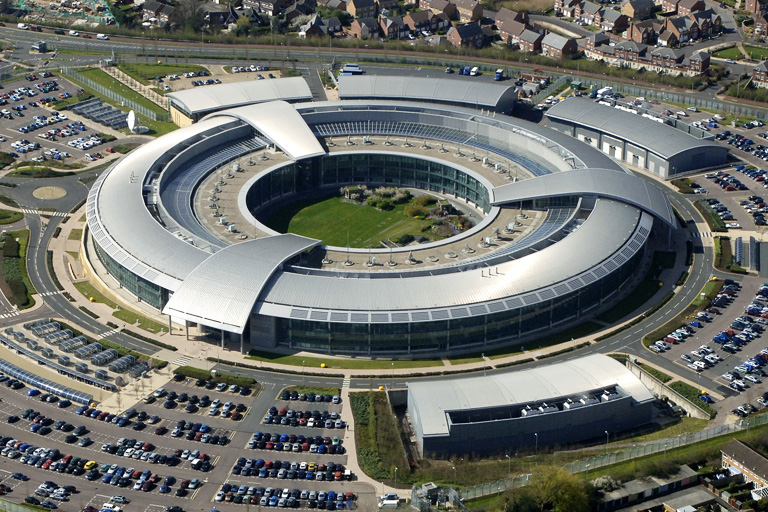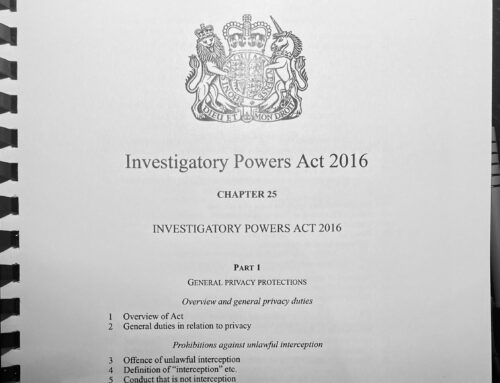I spoke on this subject to the Human Rights Law Association on 25 October, at a meeting held to consider the effect of the 13 September 2018 Big Brother Watch judgment of the first section of the European Court of Human Rights in Strasbourg. My slides, which focussed on the utility and lawfulness of bulk investigatory powers (sometimes referred to, in inaccurate shorthand as “mass surveillance“) are here.
The developing chasm noted by Judges Pardalos and Eicke at para 22 of their Joint Opinion in Big Brother Watch between the case law of the Strasbourg court and that of the Court of Justice of the EU (Schrems, Digital Rights Ireland, Tele2/Watson) is of considerable constitutional significance, given the competence of both supranational courts over human rights, and the halting negotiations over EU accession to the ECHR.
There is also a marked contrast in judicial method between the assertive style of the CJEU (on which I commented on the day Tele2/Watson was handed down) and the more evidence-based approach of Big Brother Watch, in which the ECtHR founded its conclusions on national judgments (notably of the Investigatory Powers Tribunal) and on reports by independent persons with access to classified material (including my own reports A Question of Trust (2015), Report of Bulk Powers Review (2016) and Attacks in London and Manchester (2017): paras 160-165 and 173-177 of the judgment).
I ended my presentation with some words on the Investigatory Powers Act 2016. The Act drew heavily on my 2015 and 2016 reports and I have previously written on it in largely favourable terms. Both the Government and the courts have accepted that some amendments will be needed to the Act as a consequence of the Tele2 judgment. It remains to be seen whether Big Brother Watch will require any further changes.
But the big picture remains positive: and in that respect I was pleased to be able to refer to the interim report of the UN Rapporteur on Privacy, Prof. Joseph Cannataci, who after a 2-week visit to inspect the operation of the Act at close quarters described the UK in June 2018 as
“now co-leading with that tiny minority of EU states which have made a successful effort to update their legislative and oversight frameworks dealing with surveillance“.
Continued vigilance will be necessary. This must be led by IPCO, the new warrantry and oversight body led by Sir Adrian Fulford, a serving judge of appeal. IPCO’s judicial commissioners and technically skilled inspectorate are supported by the Technology Advisory Panel recommended in my 2016 report and now established under the chairmanship of Sir Bernard Silverman.
The properly safeguarded use of bulk powers is vital to the state’s ability to protect its population from threats ranging from people trafficking and sexual exploitation to terrorism and cyber-attack. If bulk powers are to be successfully defended in the courts, they
- must intrude no further than is necessary into personal privacy and the privacy of personal data,
- must be explained in sufficient detail to legislators and to the public, and
- must be subject to powerful independent safeguards.
The Investigatory Powers Act 2016 is a strong model: these principles must apply also in areas that are beyond its reach.






